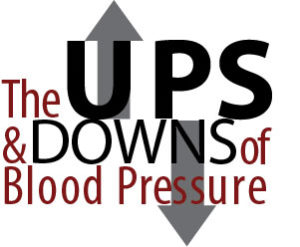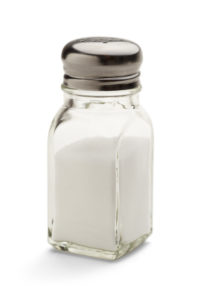What is High Blood Pressure?
Blood pressure is the force of blood pushing against the walls of your arteries as your heart pumps. It is measured as “systolic” (when the heart is pumping) and “diastolic” (when the heart rests between pumps). This can lead to stroke and other serious medical problems like coronary heart disease and kidney failure. About 1 in 3 people have high blood pressure.
Get In The Know!
Why Keep Track?
The higher your blood pressure is, the greater your risk of health problems in the future.
High blood pressure puts extra strain on your arteries and on your heart. Over time, this strain can cause the arteries to become thicker, less flexible and more narrow. When this happens the arteries are more likely to clog and clots develop leading to heart attack, stroke, kidney disease and dementia.
Blood Pressure Medicines
Today’s medicines can safely help control blood pressure. These medicines are easy to take. The side effects, if any, tend to be minor. Some medicines remove extra fluid and salt from the body to lower blood pressure. Others slow down the heartbeat or relax and widen vessels. Often, two or more medicines work better than one.
If you experience any side effects from your medicines, talk with your doctor or health care professional. AW Health Care can help! Call (314) 330-7992.
Reduce Your Salt!
People should reduce salt intake. If you eat too much salt, the extra water stored in your body raises your blood pressure. So, the more salt you eat, the higher your blood pressure. Here are ways to decrease your salt intake.
Read food labels. If possible, choose low-sodium alternatives of the foods and beverages you normally buy.
Eat fewer processed foods. Only a small amount of sodium occurs naturally in foods. Most sodium is added during processing.
Don’t add salt. Just 1 level teaspoon of salt has 2,300 mg of sodium. Use herbs or spices to add flavor to your food.
Ease into it. If you don’t feel you can drastically reduce the sodium in your diet suddenly, cut back gradually. Your palate will adjust over time.
March is Social Workers Month!
Social workers help people with a wide range of issues… psychological, financial, health, relationship and substance abuse problems. Social workers who specialize in helping seniors advocate for their senior clients by helping them connect to valuable needed resources in the community such as legal assistance, housing options, counseling and healthcare services.
Ask AW!
If you have questions about Medicare, Medicaid, or veterans benefits, that can help you stay healthy and independent at home, call AW Health Care. We can help connect you to available resources in the community…(314) 330-7992
Happy St. Pat’s Day!









Comments are closed.